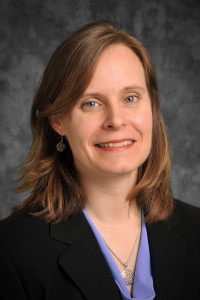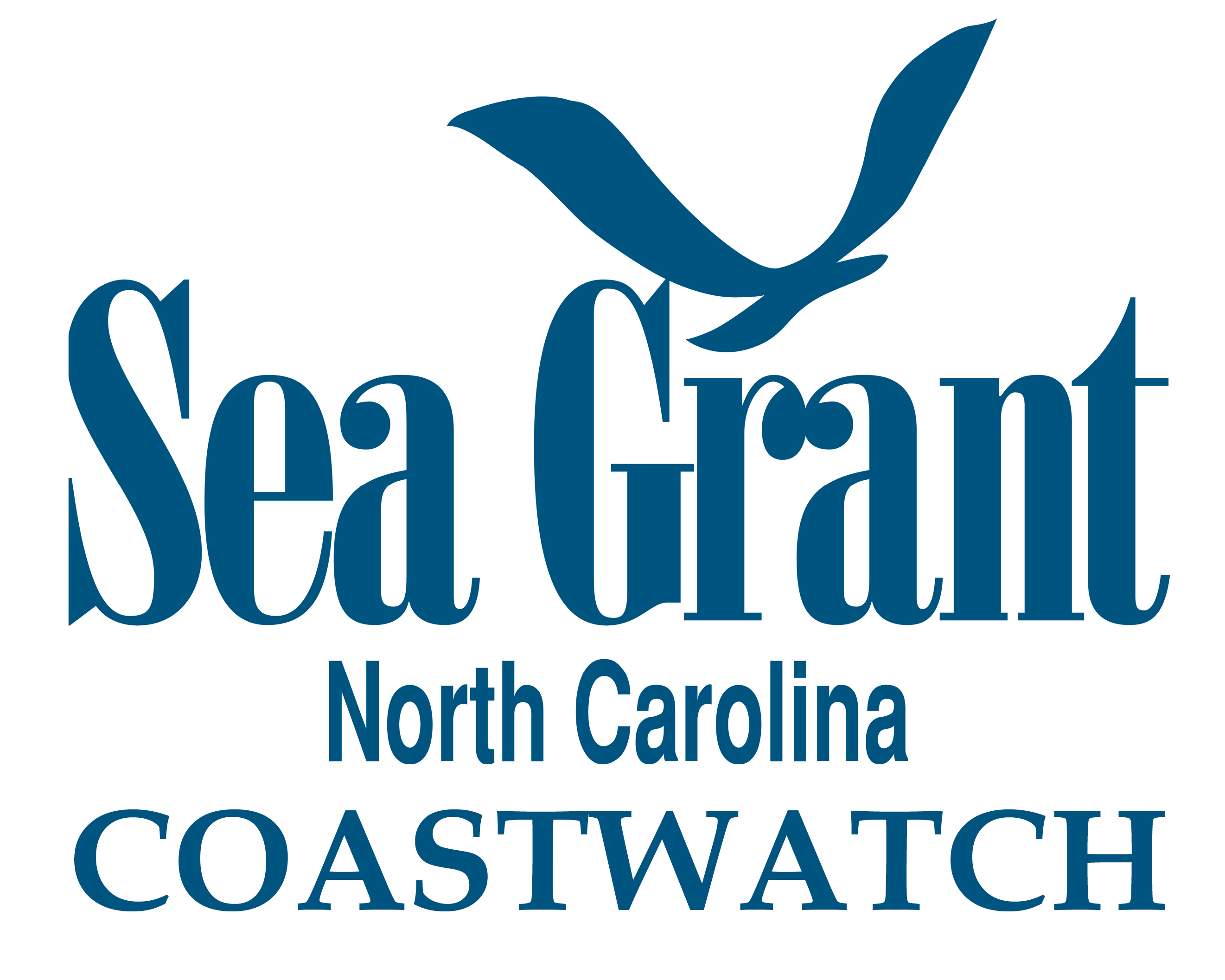By SUSAN N. WHITE
Our sense of place … is local.
I fully enjoyed the recent solar eclipse in Raleigh, even though we weren’t in totality. My husband and I gathered our boys to sit in the backyard with our neighbors, outfitted with appropriate glasses and well, water balloons. Let’s be fair, there’s only so much looking at the sun my sons could take.

Susan White, Executive Director, North Carolina Sea Grant. Photo Roger Winstead.
My parents were sitting in their own backyard with a colander and homemade pinhole projector. Friends, co-workers and family spread out across the nation who were in the path of totality were tweeting their updates. We also took special interest in NASA’s live feed that included familiar sites in Charleston, South Carolina.
Yet, I was entirely content in our space, our place, here where we are part of a community.
I am struck with how my sense of place and belonging is embedded in a community of individuals, more than in a physical location. Perhaps this is true for you? But others may find their place based more on where they are. That sense of place surely deepens with longevity. Deep roots are built through history, and, frankly, hardships often bring out strengths of the ties within a community, a region, a nation.
Our North Carolina coastal partners are not so different from those in Texas, Louisiana and other places reeling in the aftermath of Hurricane Harvey. Millions there are just beginning to understand the long-term repercussions of the storm and to consider decisions yet to come. The many recent examples of Texans — individuals and communities stepping up to support each other, acknowledging pressing needs and meeting those rapidly — have resounded through coastal communities across the nation.
For more information regarding Texas Sea Grant’s work following Harvey, go to texasseagrant.org.
As of this magazine going to press, North Carolina has escaped direct hits thus far in the active 2017 hurricane season. Yet, many of our state’s coastal and inland communities affected by flooding from Hurricane Matthew in 2016 experienced similar widespread support. While their struggles with addressing short- and long-term impacts from the storm — and in recouping and rebuilding their places — continue, the communities’ sense of place remains strong.
North Carolina Sea Grant continues to partner with University of North Carolina at Chapel Hill, North Carolina State University, East Carolina University and many others that have brought great engagement and support to communities working to recover after Matthew.
For example, we’ll be sharing ongoing efforts in areas such as developing flood reduction strategies for the town of Windsor and Bertie County. North Carolina Sea Grant also is among partners offering expertise as Princeville designs its recovery plan, efforts facilitated by the U.S. Department of Homeland Security’s Coastal Resilience Center with support from the state.
The N.C. Hurricane Matthew Disaster Recovery and Resilience Initiative updates are at coastalresiliencecenter.unc.edu.
Recently, we were able to share N.C. pre- and post-disaster planning information with Texas partners and I know that we will learn from their recovery efforts. At the same time, we continue to support our own neighbors. Both strategies befit our program’s mission to support long-term coastal resilience. This is one of Sea Grant’s spaces: our community, our neighborhood.
It’s clear that modes of communication are changing, and with that change, the avalanche of information can be overwhelming. I’ve heard from you that our social media presence is important running up to major weather events and impacts, as well as through recovery efforts.
If you’re not already following us on Facebook (NCSeaGrant) or Twitter (@SeaGrantNC), I invite you to join us as we share not only our own program information but also updates from trusted leaders in the state, region and nation.
I am proud of the North Carolina I know, that Sea Grant sees on a regular basis — this person-to-person, community-to-community support in good times and bad. I welcome your feedback on how Sea Grant can expand our support of this great state. As always, you can drop me a line at snwhite3@ncsu.edu.
This article was published in the Autumn 2017 issue of Coastwatch.
For contact information and reprint requests, visit ncseagrant.ncsu.edu/coastwatch/contact/.
